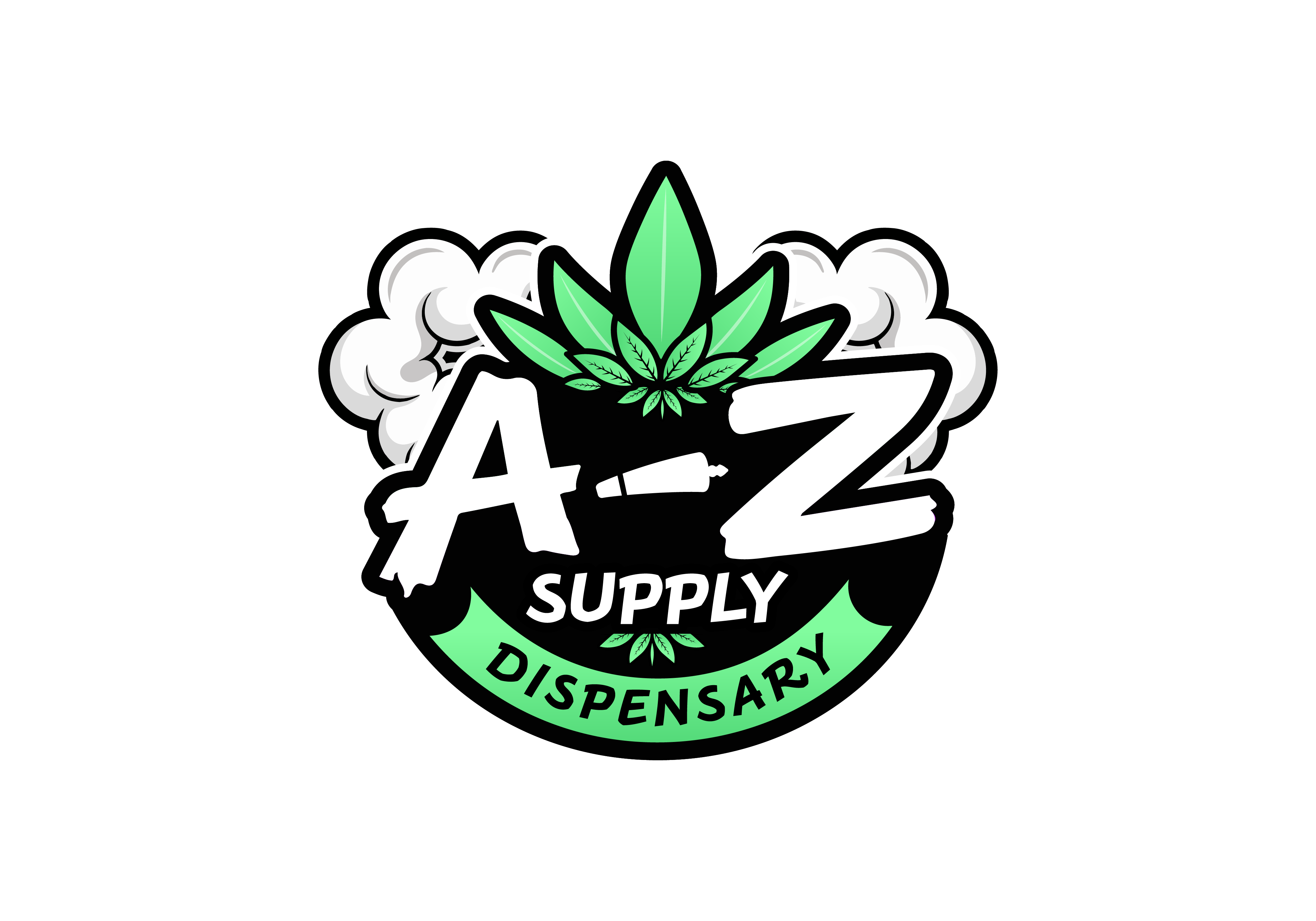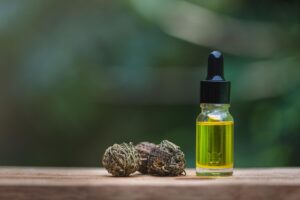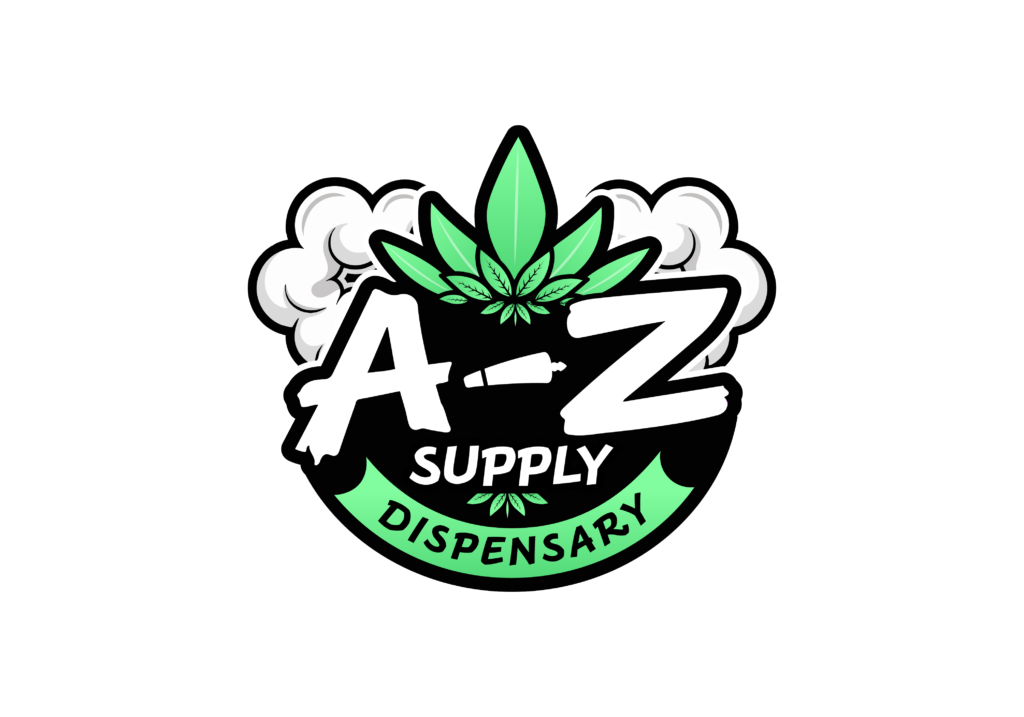Introduction
As weed becomes more widely accepted and legalized across the U.S., curiosity around the true health benefits of cannabis continues to grow. While much of the conversation has centered on medical marijuana, the broader cannabis plant used both medically and recreationally offers a wide range of potential wellness advantages. Backed by growing research and centuries of traditional use, cannabis may play a legitimate role in health, healing, and lifestyle enhancement. Here’s what the science says.
What Is Cannabis?
Cannabis is a plant that contains over 100 cannabinoids chemical compounds that interact with the body’s endocannabinoid system. The two most well-known cannabinoids are THC (tetrahydrocannabinol), which is psychoactive, and CBD (cannabidiol), which is non-intoxicating. These compounds influence how we feel, move, eat, and rest.
The Endocannabinoid System: Why It Matters
Cannabis works by interacting with the endocannabinoid system (ECS), a complex network in the human body that regulates pain, mood, appetite, immune response, and sleep. THC binds directly to CB1 receptors in the brain to create its well-known euphoric effects. CBD, meanwhile, works more subtly, reducing inflammation, anxiety, and supporting balance without the high.
Recreational vs. Medical: Where the Lines Blur
While medical marijuana is prescribed for specific conditions, specific health benefits of cannabis people seek recreationally like stress relief, better sleep, or enhanced creativity are usually rooted in the same therapeutic effects. In short, the cannabis plant doesn’t change; only the intent behind its use does.
Health Benefits of Cannabis
Pain Relief
Cannabis is widely used for managing chronic pain, especially nerve-related discomfort. THC-rich products help reduce pain by activating cannabinoid receptors in the nervous system, while CBD adds anti-inflammatory support. Studies show that inhaled cannabis can improve pain scores in conditions like arthritis, migraines, and fibromyalgia.
Stress and Anxiety Relief
Low to moderate doses of cannabis (especially strains higher in CBD) are commonly used for reducing stress, calming anxiety, and improving mood. While more research is needed, many users report feeling more relaxed and focused after use a key reason recreational cannabis remains popular.
Sleep Support
Cannabis, particularly indica-dominant or CBN-rich products, may help users fall asleep faster and stay asleep longer. THC can reduce sleep latency (the time it takes to fall asleep), while CBD may improve sleep quality by calming the mind and reducing nighttime awakenings.
Creativity and Focus
Contrary to some stereotypes, many users report increased focus, introspection, and creative flow after cannabis use. Certain sativa-dominant strains are favored for their energizing, cerebral effects, making them popular for daytime use, brainstorming, or artistic projects.
Appetite Stimulation
Yes, the “munchies” are real. THC increases appetite by interacting with brain regions involved in hunger. While this is helpful for medical conditions like HIV/AIDS or cancer, many recreational users also benefit from better appetite and enjoyment of food.
Anti-Nausea and Digestive Support
Another one of the helpful health benefits of cannabis is its ability to help with nausea and digestion.THC is clinically proven to reduce nausea and vomiting especially in patients undergoing chemotherapy, helpful health benefits of cannabis. Even outside of medical use, many people turn to cannabis for relief from motion sickness, stomach upset, or loss of appetite.
Mood Support and Emotional Balance
Cannabis may help regulate mood by interacting with dopamine and serotonin systems. For some, it creates feelings of euphoria and connection. For others, it helps stabilize emotional swings. Choosing the right strain and dosage is key to finding balance.
Inflammation and Recovery
CBD and other cannabinoids have anti-inflammatory properties that may aid in recovery from workouts, injuries, or chronic inflammatory conditions. Many users incorporate cannabis topicals or tinctures into their wellness routine for this reason.
The Difference Between THC and CBD
- THC is psychoactive and often used for mood elevation, appetite stimulation, and deep relaxation.
- CBD is non-intoxicating and used for anxiety, inflammation, and seizure control.
The health benefits of cannabis you experience will vary with the type of products you consume. Blended products that include both compounds may offer more balanced effects and enhanced therapeutic outcomes.
Risks and Considerations
While cannabis is generally well tolerated, it’s not for everyone. High THC levels can cause anxiety or paranoia in some users. Long-term, excessive use may impact memory or motivation. Starting with low doses and choosing lab-tested, quality products is always recommended.
Is It Legal?
As of 2024, cannabis is legal for adult use in over 20 U.S. states, and for medical use in 37 states. Regulations vary, so always check your local laws before purchasing or consuming cannabis products.
Conclusion
Whether you use cannabis for wellness, relaxation, or creative inspiration, it’s clear that this plant offers more than just a high. With growing scientific support and centuries of traditional use behind it, the health benefits of cannabis continue to prove itself as a versatile tool for lifestyle support. As legalization expands and research deepens, expect even more insight into how cannabis can help us feel better, live better, and connect more deeply with ourselves and others. If you are looking to experience the health benefits of cannabis, we’ll be happy to recommend cannabis products that suit your needs. Check out our online store or Come visit us in Bloomfield, NJ.







